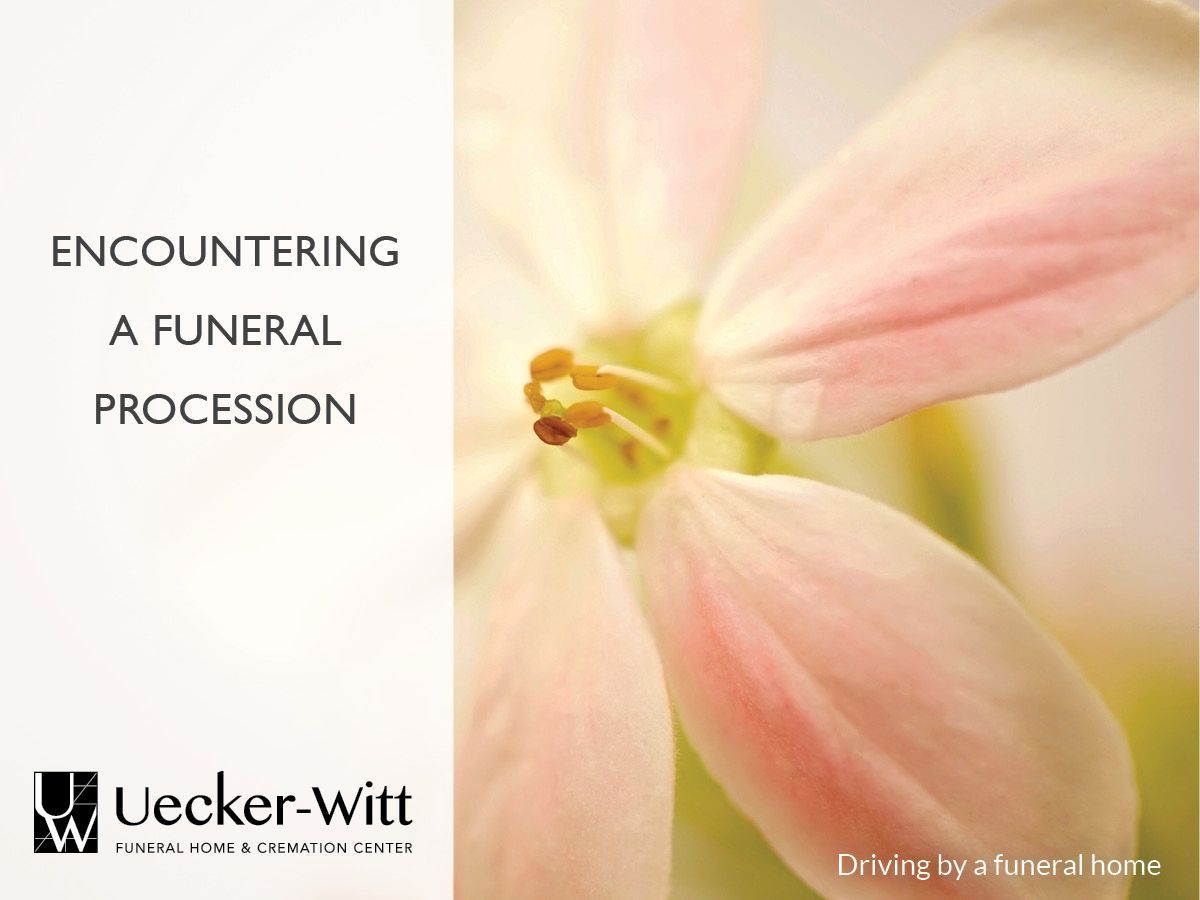Five Tips to Help with the Year of Firsts
The first year following the death of someone dear—a parent, a child, a sibling, a spouse, or a good friend—is frequently referred to as “the year of firsts.” It will be the first time the holidays, birthdays, and the occasions both sad and happy that were shared and witnessed with the person who has passed will come and go alone, without the loved one. For most people it is a tough year. Still there are things that can be done to make experiencing these milestones easier.
1. Avoid being blindsided
Keep an eye on your calendar. Know what is coming. Be aware of the approaching anniversary, birthday, holiday or time of year when you always took a vacation with the person who has died is approaching. Do not let the day sneak up on you and catch you off guard.
2. Know that ignoring the occasion won’t help
When a sensitive occasion is noted on the horizon it may be tempting to think about just ignoring it and letting the day pass. That seldom works out well. Most find the loss of sharing the day with one’s special person cannot be ignored. Trying to do so may mean spending the day alone with a great big elephant in the room.
These are things everyone who has experienced a loss must go through. There is no going around. Grief is often likened to a journey. The first year is full of milestones encountered along the path to living life without the person who was loved. The end of the journey is not forgetting that person, it is finding a way to live life without the loved one in it.
3. Make a plan
Decide how you will mark the occasion. For some a trip to the cemetery will feel right. It might be a good idea to ask a friend or someone who shares your loss to come along. For others it may mean coming up with an alternative plan for spending a holiday. If the day was always celebrated with family at mom’s house and it is mom who has died, the family may all need to be included in how the day will be best celebrated.
4. Acknowledge your loss
Just as ignoring the day is not a good strategy, neither is ignoring the fact someone is missing from the celebration. Perhaps it will be appropriate to acknowledge your loss privately by making a visit to the cemetery or church to say a prayer or have a “chat” with your loved one. In some instances, you may find yourself spending the day with others who share your loss. In that case it may be lovely to include a mention, toast, or other remembrance of the one who died.
5. Include others
If you can, avoid spending the day alone. Do something with someone you love. It doesn’t have to be the same thing you always did with the person who is gone. While it may be enjoyable to carry on a tradition for some, for others the tradition may feel hallow when done with a “replacement person.” What you do should be something you enjoy. The idea is to own your loss, making an effort to celebrate the occasion in a way that is pleasant.















